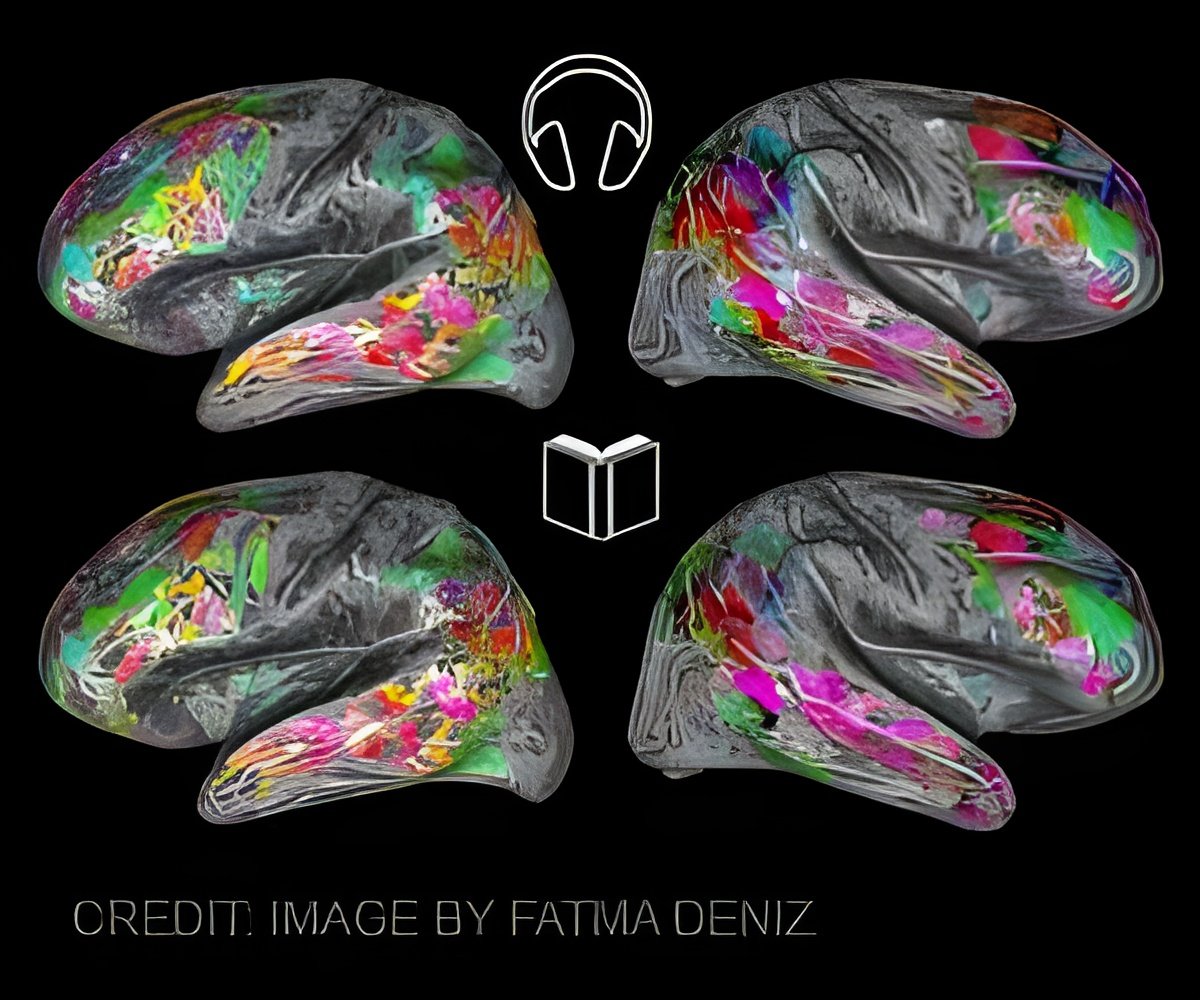EEG, electroencephalogram, may determine if a depressed patient will do better on antidepressants or talk therapy. Neural responsiveness may help predict treatment outcome and help choose the right treatment for depression.

‘The neural activity that electroencephalogram (EEG) shows may help predict treatment outcome and help choose the right treatment for depression.’





In a previous study, Burkhouse showed that lower electrical activity in the brain in response to receiving a reward - known as the reward positivity - was associated with greater symptoms of depression. When someone experiences something rewarding in their environment, their brain reacts with an increase in activity. However, patients with depression tend not to respond to rewards at the same level as healthy controls. These differences in electrical activity in response to receiving rewards can be measured using electroencephalography, or EEG, which records electrical signals from the brain through the scalp using a cap embedded with electrodes. A larger reward positivity signal reflects an enhanced brain response to receiving a reward. Burkhouse and her colleagues wanted to see if they could use reward positivity to predict which patients would do better on SSRIs versus cognitive behavioral therapy, or CBT. They also wanted to see whether changes in reward positivity were associated with symptom improvement over the course of treatment.
"There are serious considerations that go into prescribing either of these treatments," Burkhouse said. "SSRIs can have unwanted side effects, while CBT requires a significant amount of time and commitment, and practitioners trained in delivering CBT can be hard to find and those that practice this form of therapy may be booked and not able to take on new patients."
For the study, Burkhouse and her colleagues recruited 63 patients who have a history of anxiety or depression and 25 healthy participants with no history of mental health problems. Participants wore the EEG cap while undergoing a simple computer task. They were asked to choose one of two doors on a computer screen and were instructed that if the right door was chosen, the participant would win a small amount of money. If the wrong door was chosen, they would lose money. Next, participants with anxiety or depression were randomly chosen to take an SSRI every day for 12 weeks, or receive 12 weekly sessions of CBT delivered by a psychotherapist. After treatment, all participants completed the monetary reward task again to assess whether there were changes in neural reactivity related to receiving a reward.
There were two significant findings of the study, according to Burkhouse.
Advertisement
"These findings could help bring precision medicine closer to reality for patients with anxiety and depressive disorders," said Dr. K. Luan Phan, professor of psychiatry in the UIC College of Medicine and a senior author on the paper.
Advertisement
"We can say with heightened certainty that being able to give them a treatment that will work for them is a big step towards helping more patients get relief from their symptoms sooner," said Phan.
The complete study is published in the Journal of Clinical Psychiatry.
Source-Eurekalert















